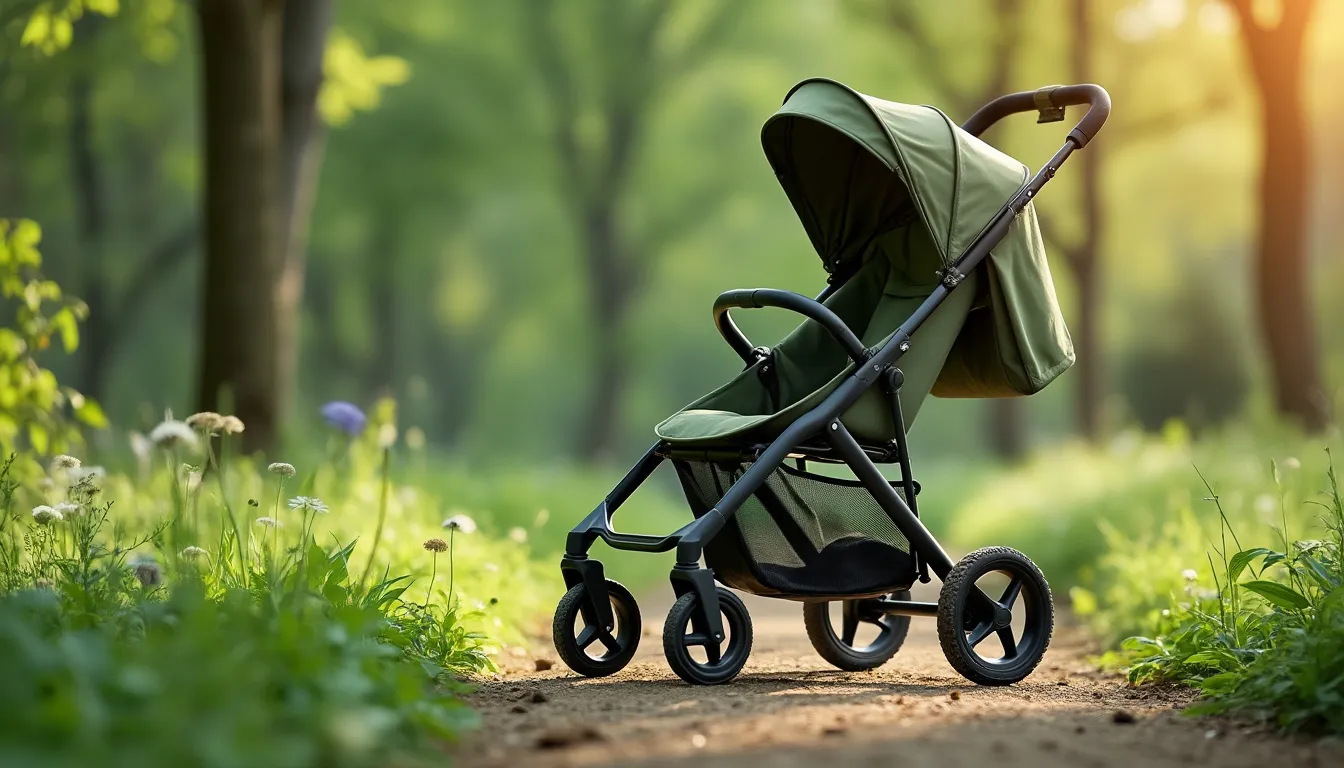The Environmental Impact of Strollers
When it comes to selecting the right stroller for your baby, the decision often hinges on a variety of factors, from safety to convenience. However, one aspect that is gaining increasing attention is the environmental impact of these essential baby products. As a mom who has navigated the stroller market, I want to share some insights that might help you make an informed decision.

Understanding the Environmental Footprint
Strollers, like many other consumer products, have a lifecycle that affects the environment. This includes the materials used in manufacturing, the energy consumed during production, and the impact of disposal. Many strollers are made from plastics and metals, which require significant energy to produce and can contribute to pollution if not recycled properly.
Materials Matter
When I was choosing a stroller, I paid close attention to the materials used. Opting for strollers made from recycled or sustainable materials can significantly reduce the environmental footprint. Some manufacturers are now offering models made with eco-friendly fabrics and recycled aluminum frames, which are not only durable but also kinder to the planet.
Durability and Longevity
Another key consideration is the durability of the stroller. A well-constructed stroller that can withstand years of use is less likely to end up in a landfill prematurely. I found that investing in a high-quality stroller, even if it costs a bit more upfront, can be more economical and environmentally friendly in the long run. Look for strollers with robust warranties and those that offer replacement parts.
Recycling and Disposal
When your stroller reaches the end of its life, consider recycling or donating it. Many communities have programs for recycling large baby gear, and some manufacturers offer take-back programs. I personally donated my first stroller to a local charity, ensuring it had a second life with another family.
Making an Informed Choice
Ultimately, choosing a stroller with a lower environmental impact involves researching and weighing your options. Consider the entire lifecycle of the product and how it aligns with your values. As a mom, I found that making environmentally conscious choices not only benefits the planet but also sets a positive example for my children.
In conclusion, while the perfect stroller may not exist, being mindful of its environmental impact can guide you to a choice that supports both your family and the earth. Happy stroller shopping!
Car Seats
How to Handle Car Seat Recalls: A Parent’s Guide
Car Seat Expiration Dates: What Parents Need to Know
How Weather Conditions Affect Car Seat Safety
How to Choose the Right Car Seat for Your Baby’s Age and Weight
The Evolution of Car Seat Technology: What’s New?
How to Transition from Infant Car Seat to Toddler Car Seat